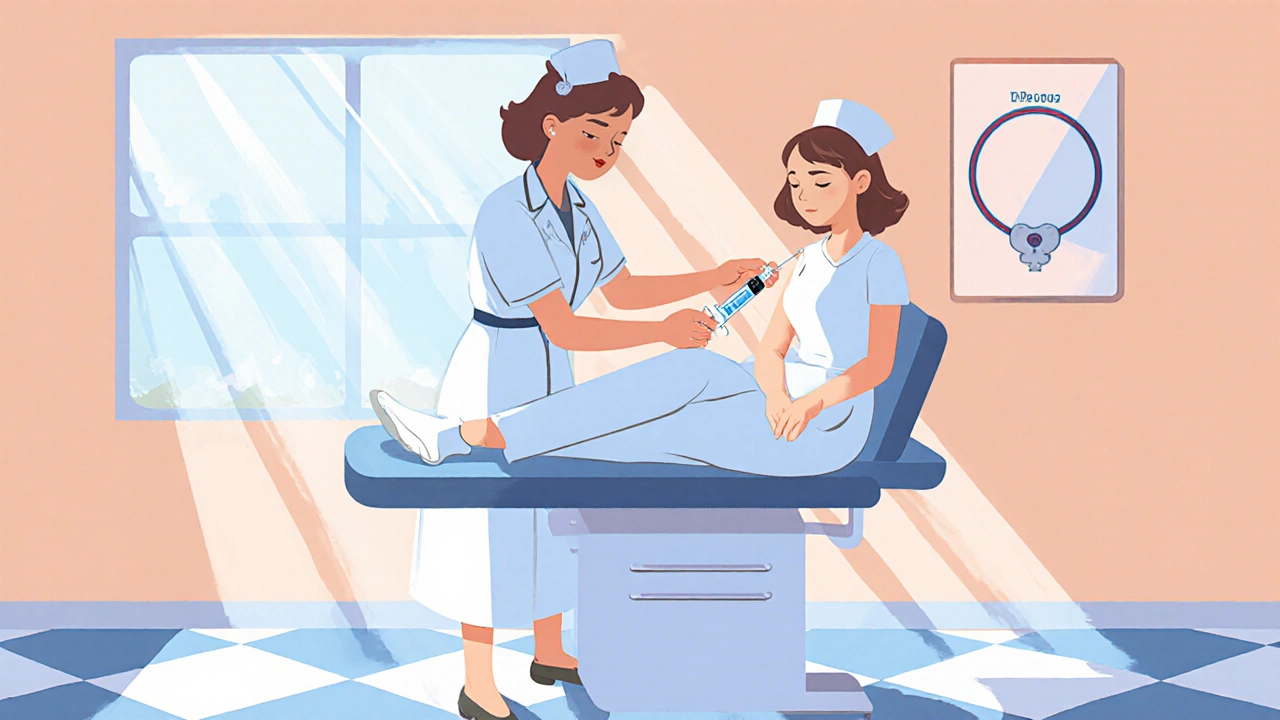Mental Health: Understanding, Managing, and Finding Support
When exploring mental health, the state of emotional and psychological well‑being that influences thoughts, feelings, and actions. Also known as psychological health, it shapes how we cope with stress, build relationships, and make decisions. Good mental health isn’t just the absence of illness; it’s a dynamic balance that can shift with life events, lifestyle choices, and medical interventions.
Key Areas in Mental Health
One of the most common challenges is depression, a persistent low mood that interferes with daily functioning and can affect sleep, appetite, and motivation. Also called major depressive disorder, it often co‑exists with other conditions and requires a mix of therapy, lifestyle tweaks, and sometimes medication. Recognizing its signs early helps prevent the downward spiral that many people experience.
Another frequent hurdle is anxiety, excessive worry or fear that can trigger physical symptoms like rapid heartbeat, sweating, and tension. Whether it appears as generalized anxiety, panic attacks, or social anxiety, it can erode confidence and limit opportunities. Cognitive‑behavioral strategies, mindfulness, and targeted meds are proven ways to regain control.
Traumatic experiences sometimes leave a lasting imprint called PTSD, post‑traumatic stress disorder, which brings flashbacks, nightmares, and hyper‑vigilance after a shocking event. Though often linked to combat or assault, PTSD can arise from any severe stressor. Evidence‑based therapies like EMDR and certain antidepressants can markedly reduce symptoms.
Medication plays a pivotal role across these conditions. Medication, prescribed drugs that target neurotransmitter pathways to stabilize mood, reduce anxiety, or lessen intrusive thoughts comes in many forms—SSRIs, SNRIs, atypical antipsychotics, and others. Choosing the right drug involves weighing benefits, side effects, and personal health history, which is why we stress consulting a professional.
Therapeutic support, whether through individual counseling, group therapy, or peer‑support networks, adds a human element that meds alone can’t provide. Skilled clinicians teach coping tools, help reframe negative thoughts, and create safe spaces for expression. When therapy and medication work together, outcomes improve dramatically.
Lifestyle habits also feed into mental health. Regular exercise releases endorphins that boost mood, while balanced nutrition supports brain chemistry. Prioritizing sleep—seven to nine hours of quality rest—helps regulate stress hormones. Even simple breathing exercises can lower anxiety spikes within minutes.
Policy and advocacy shape how easily people can access care. Programs that expand insurance coverage for mental‑health services, reduce stigma, and fund research into new treatments make a tangible difference. Staying informed about your rights empowers you to demand the care you deserve.
Our collection gives you practical mental health resources you can trust, covering everything from symptom checklists to medication safety tips.
Below you’ll find a curated set of articles that dive deeper into each of these topics, offering clear explanations, real‑world advice, and evidence‑based recommendations to help you navigate your mental‑health journey with confidence.

